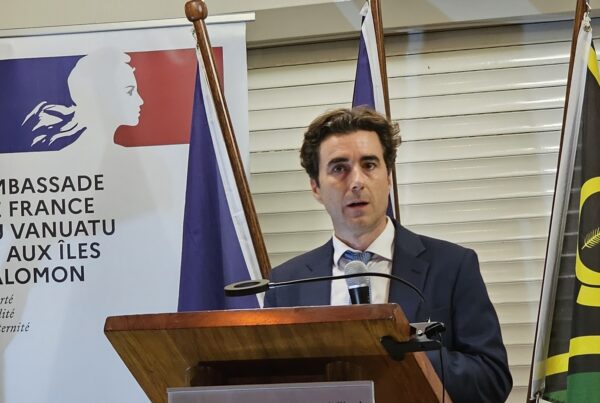The Seychelles International Financial Services Association (SIFSA) has said it is very disheartening that the European Union has re-added Seychelles to its list of non-cooperative jurisdictions for tax purposes known as the blacklist.
The chairman of SIFSA, Maarco Francis, told the Seychelles News Agency that the decision was taken despite meaningful discussions between Seychelles and its EU partners.
“Over the last couple of years, Seychelles has amended its laws, and we have done it to please them,” said Francis.
He shared that these laws have affected domestic businesses, creating another bureaucratic process that businesses have to go through.
Francis added that these laws have indirectly affected the ease of doing business in Seychelles, but it was done nevertheless, however, the EU still does not see Seychelles as a partner.
“Today, I feel that the EU sees us as its servants, because many of the laws that we have put in place, they are not putting in place in EU countries, yet they are not put on the blacklist,” added Francis.
SIFSA is asking the Seychelles government to take a very strong stance against this recent development as he feels that the country should not just sit back.
Seychelles was added to the EU blacklist primarily because a single registered agent left the country in 2018, together with all of its records, consequent to the 2016 public revelation of records associated with the operations of several offshore service providers (“the Panama Papers”).
When the International Consortium of Investigative Journalists disclosed information on the financial activities of the firm’s customers in the Panama Papers articles in 2016, the Panama-based law firm Mossack Fonseca attracted international media attention.
The company said in 2018 that it was shutting down as a result of the harm the multibillion-dollar money laundering operations had caused to its finances and image.
“We are being judged on actions from years ago, rather than the actual reality on the ground today,” stated Francis.
Francis added that Seychelles being on the blacklist will deter companies from setting up in Seychelles since they will be aware that they will have difficulties trading with Europe.
“A business will therefore look to set up his business in a jurisdiction that is not on a blacklist, meaning Seychelles, therefore, loses potential businesses,” he said and added that this also makes things difficult for companies already set up in Seychelles, who have to deal with many more issues.
The SIFSA chairman also explained that being on the blacklist now will also have an effect in the long term, especially with the country given a reputation for not being consistent, which is being added to and off the blacklist from time to time. It will cause businesses to question whether or not it is viable to set up in Seychelles, an archipelago in the western Indian Ocean.





